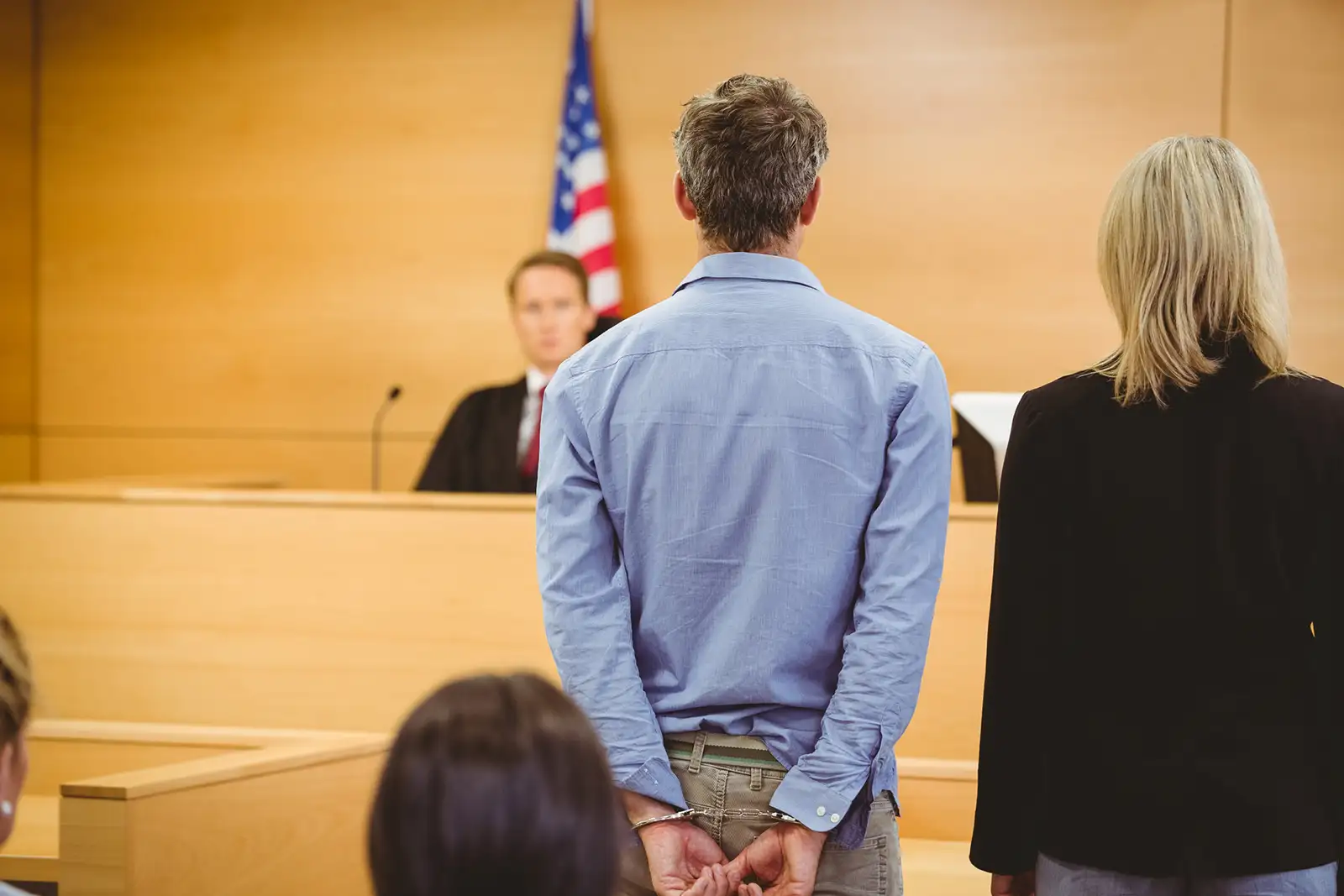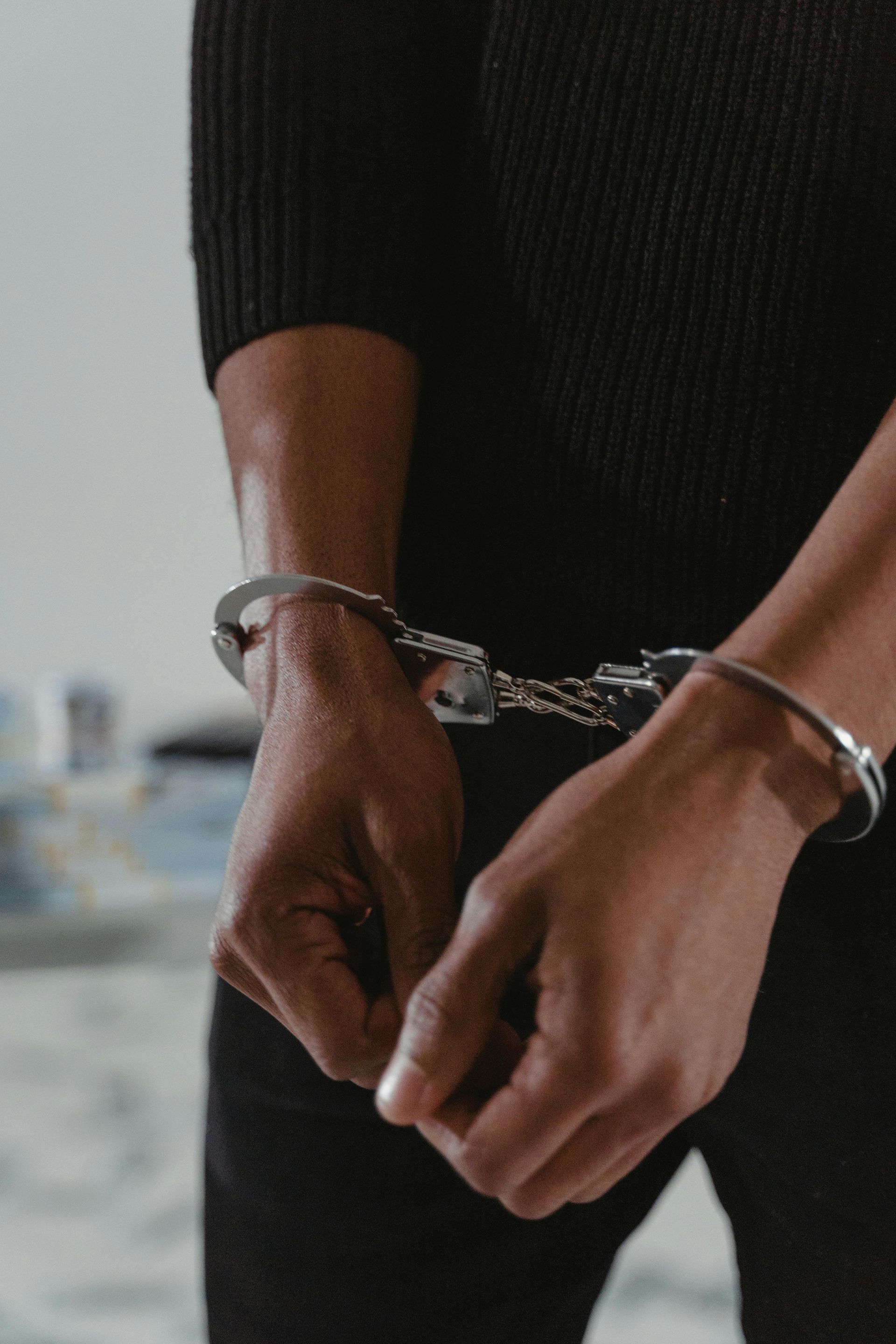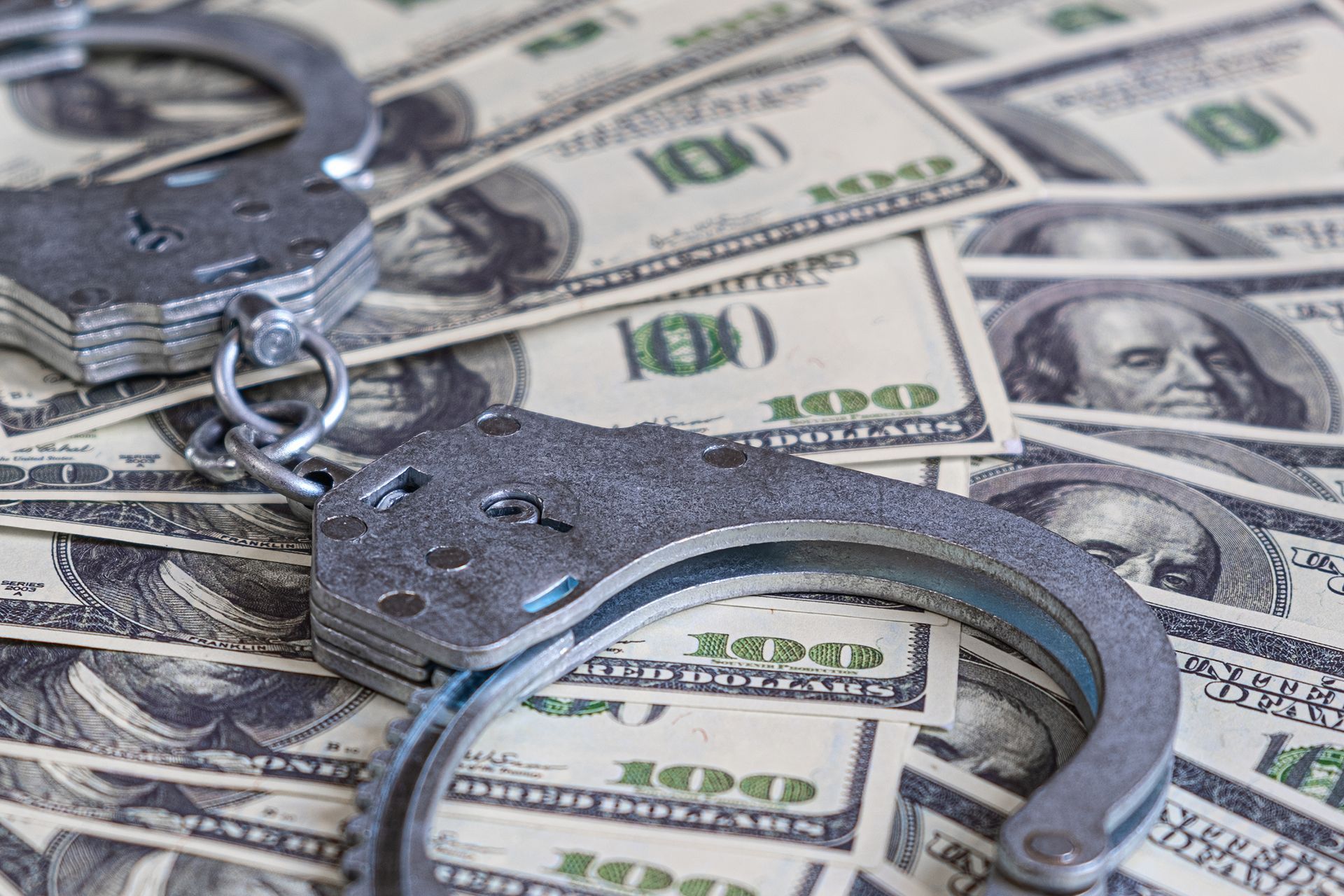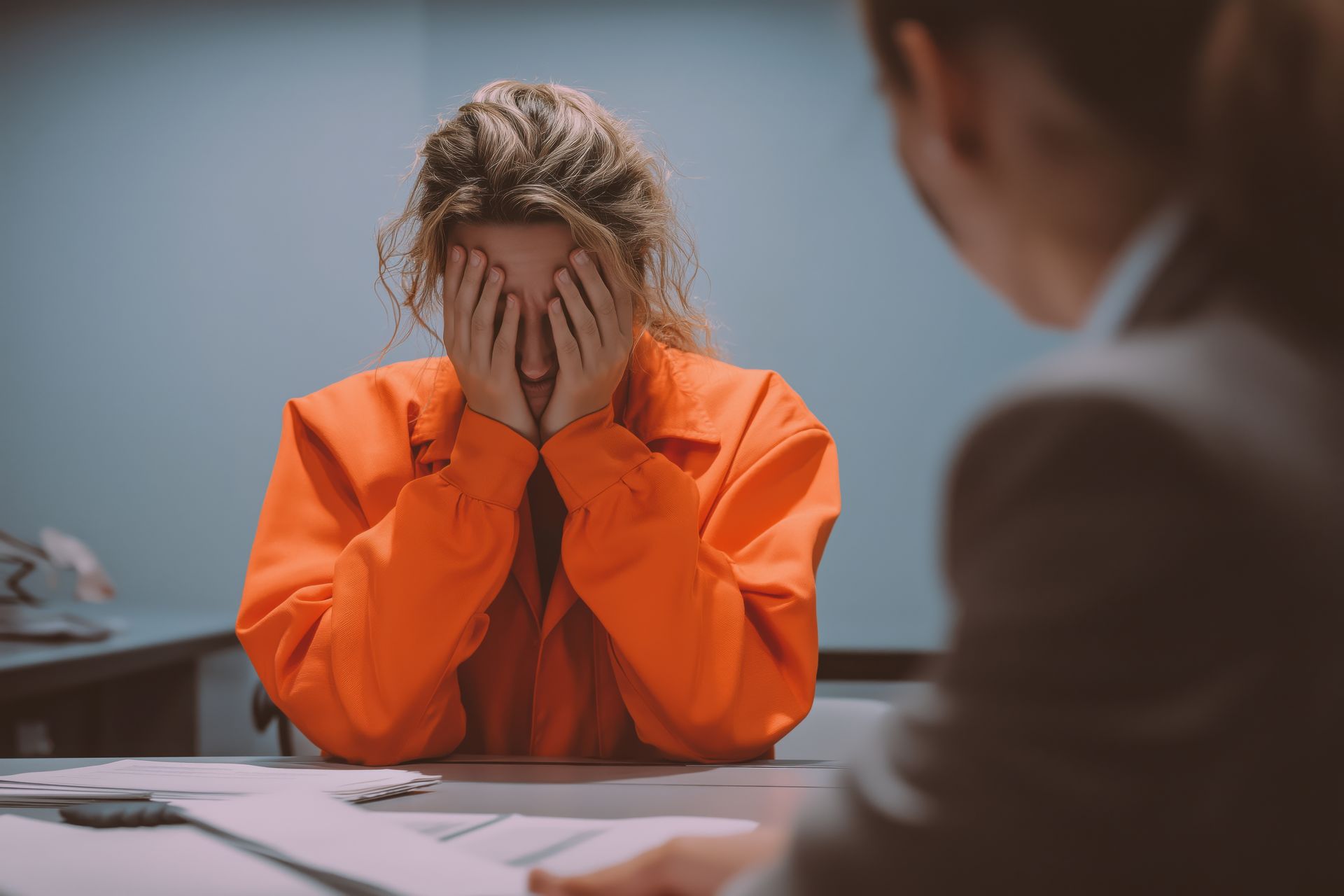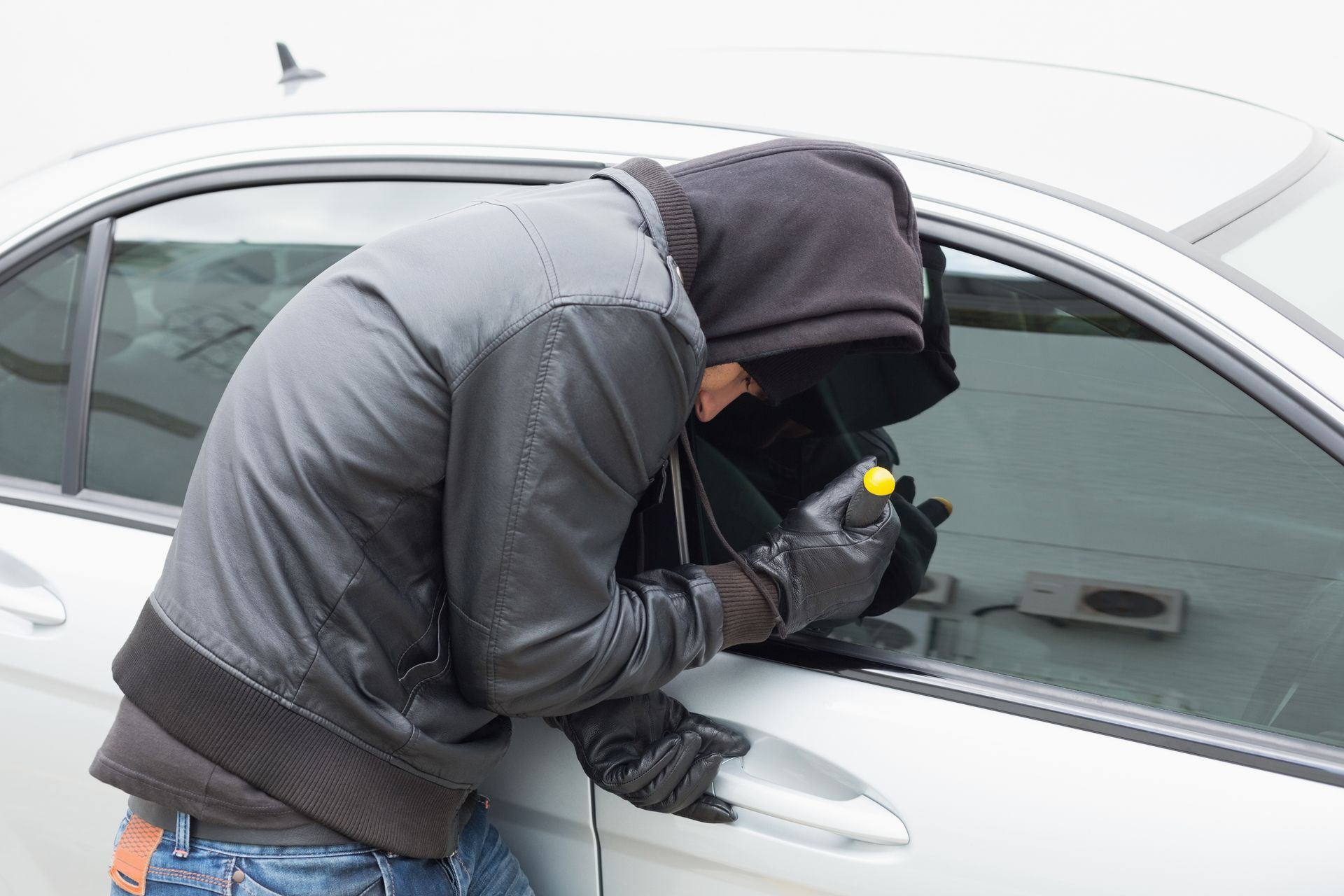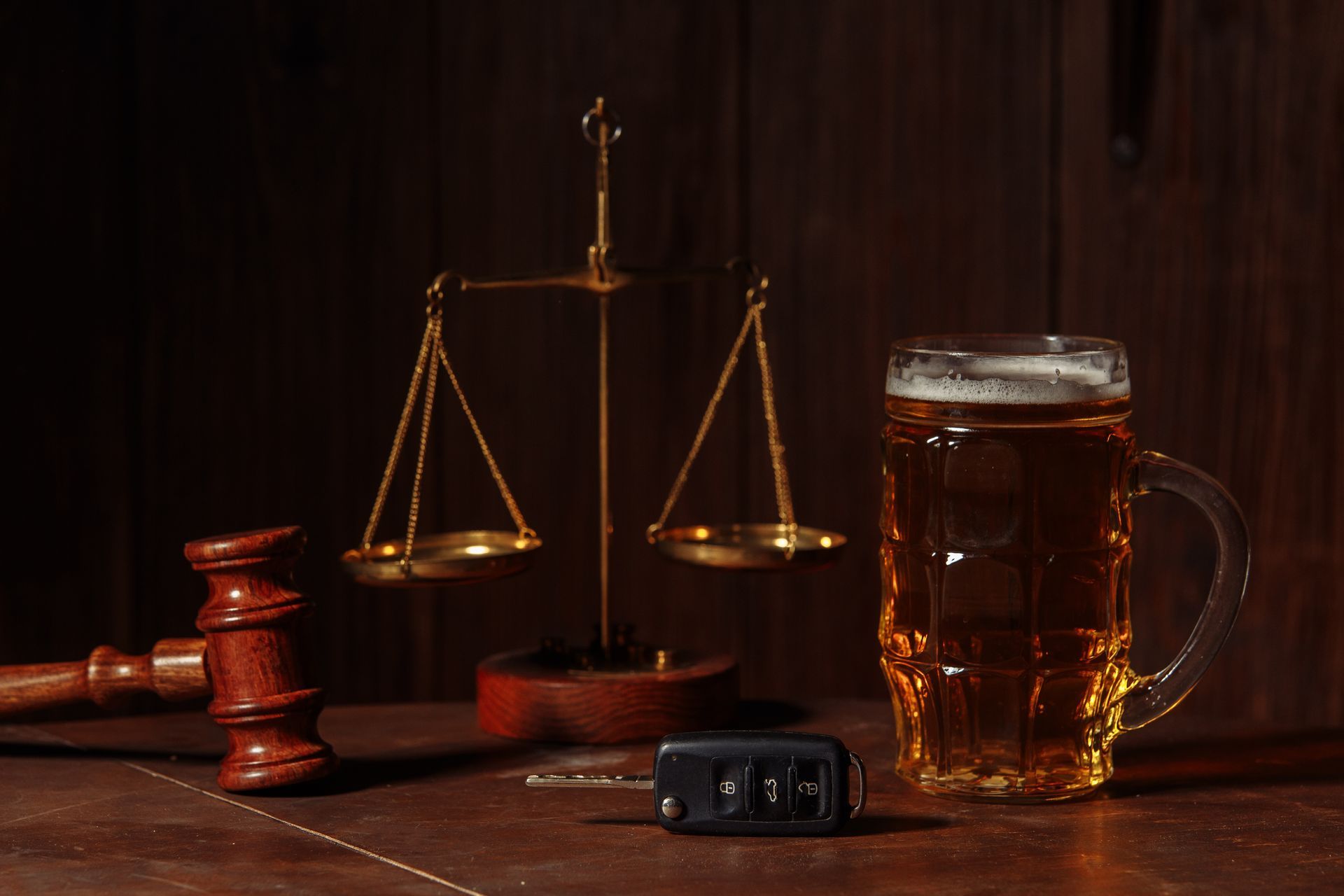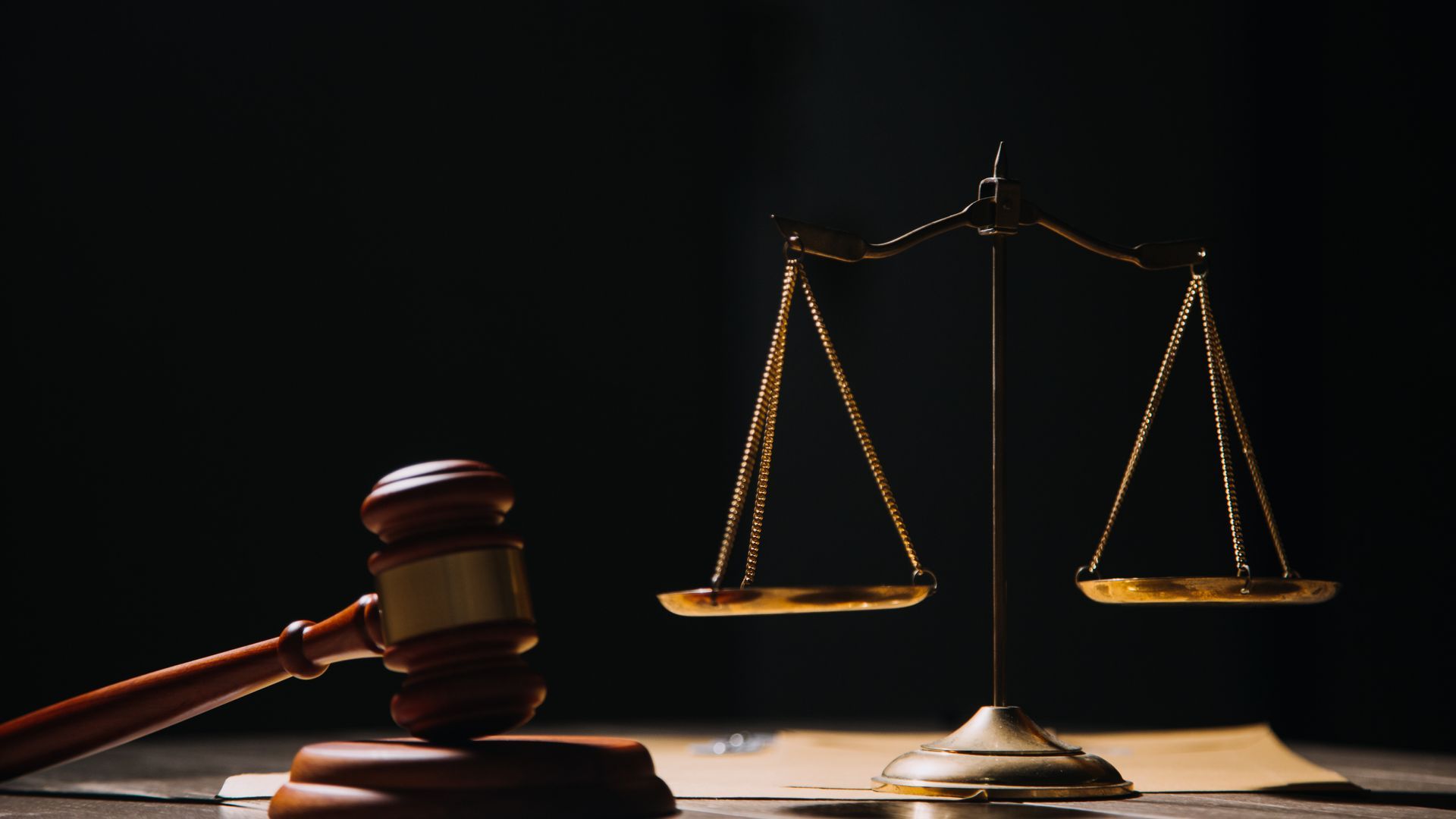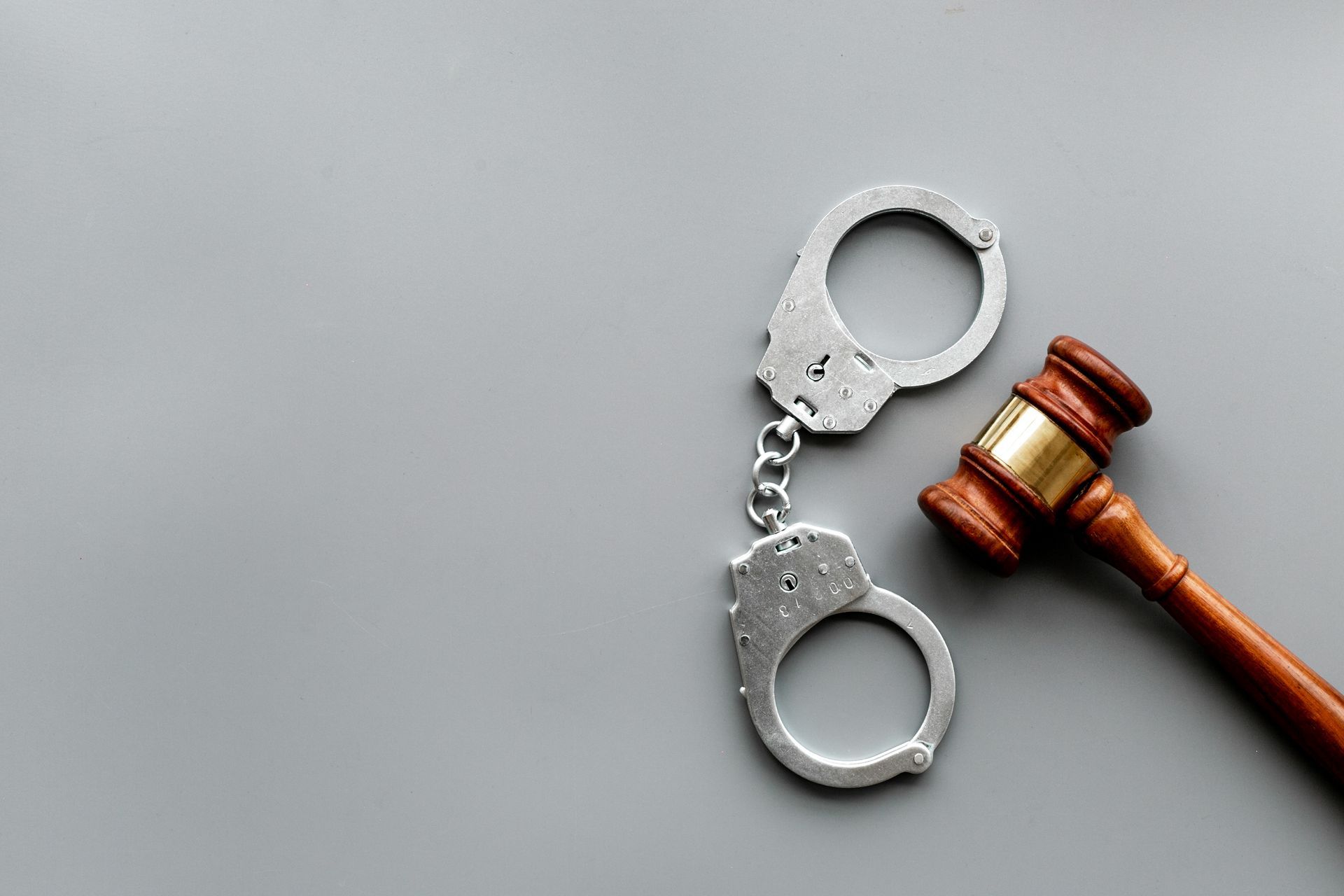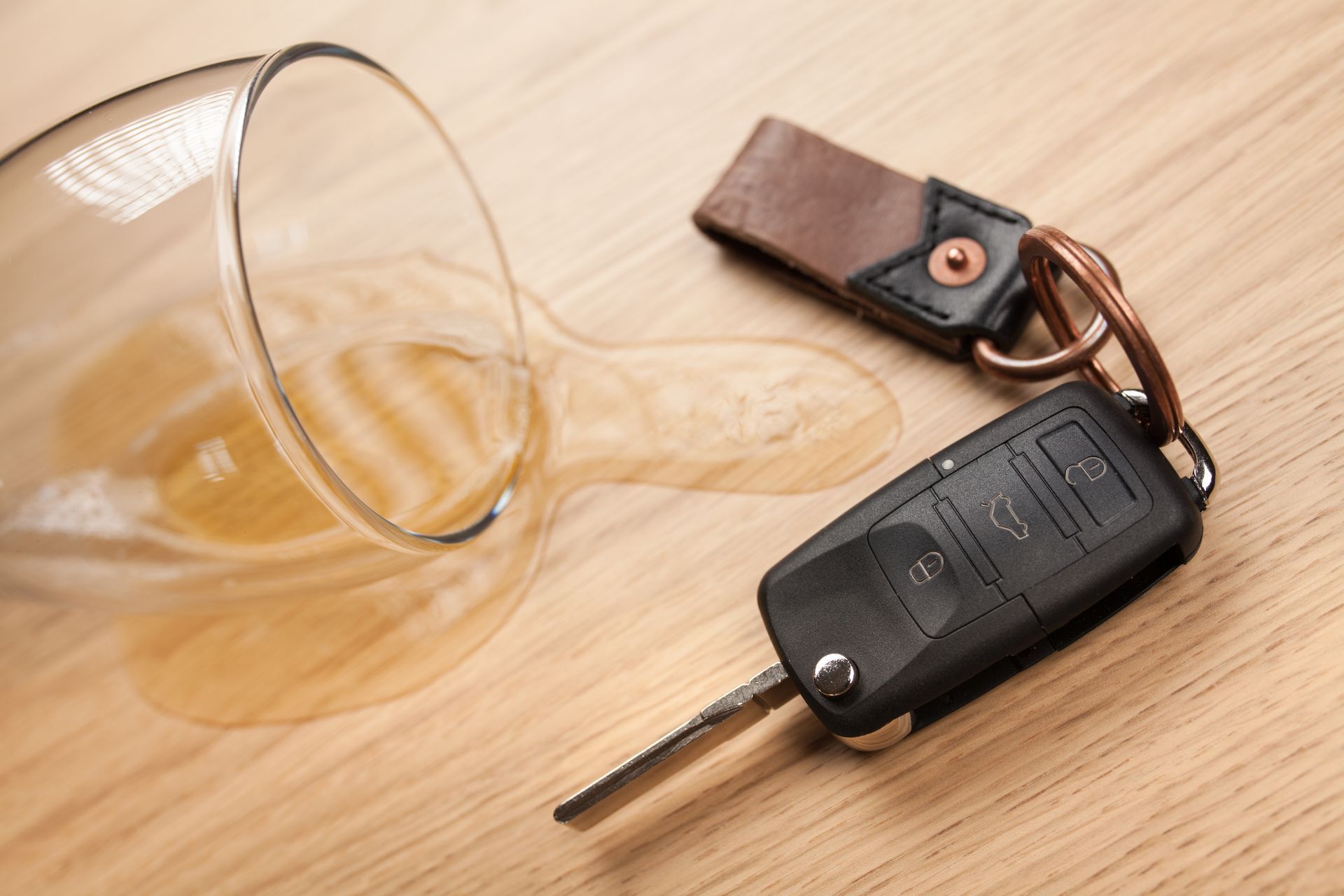Are DUIs More Common During the Holidays?
Yes. DUI arrests and drug- and alcohol-related car crashes are more common during the holidays. Every year, the National Highway Traffic Safety Administration (NHTSA) partners with local law enforcement agencies to enhance DUI enforcement. If you hear the slogans, “drive sober or get pulled over,” or “if you feel different, you drive different – drive high get a DUI,” know that police officers in your area will be on the lookout for impaired drivers this holiday season.
What Holiday Has the Most DUIs?
New Year’s Eve and New Year’s Day are the holidays with the most DUIs. According to the NHTSA, nearly half of all traffic fatalities on January 1 are alcohol-related – the most of any U.S. holidays.
Many people stay out drinking until midnight, then try to drive home. Others may not realize they are still drunk when they wake up in the morning and try to drive.
The best plan for navigating New Year’s Eve and New Year’s Day is to arrange a safe ride home and quiet morning in. With technology, it is easier than ever to call an Uber or Lyft on the way home and use Postmates, Grubhub, or another online food ordering app for breakfast.
DUIs on Christmas
Many people celebrate Christmas with alcohol – from champagne to hot cocoa with peppermint schnapps. If you get behind the wheel after drinking, the most wonderful time of the year becomes the most dangerous.
Remember, drinking coffee doesn’t “sober you up,” and eating bread doesn’t “absorb” the alcohol. The only way you can sober up after drinking is to give yourself time. On average, human bodies take 10 hours to fully metabolize 5 alcoholic drinks.
What to Do During a Holiday DUI Stop
If you drive impaired during the holidays, you are more likely to get pulled over or get stopped at a DUI checkpoint. When dealing with police officers, always be respectful and follow instructions carefully.
Provide the officer with your name, driver’s license, registration, and proof of insurance. Do not lie, but do not apologize or say much else, either. Remember that you have the right to remain silent, and the officer can use anything you say or do against you, so do not agree to the field sobriety exercises or provide a breath sample.
At any time during the traffic stop, you can ask for an attorney. If you are arrested, call your lawyer immediately.
What Are the Consequences of a DUI in Florida?
In Florida, driving under the influence (DUI) applies to alcoholic beverages, chemical substances, and controlled substances. You can get a DUI if your normal faculties are impaired or you have an unlawful blood alcohol or breath alcohol level (0.08 or above).
According to The 2021 Florida Statutes 316.193, the penalties for DUI in Florida include:
- Fines of $500 to $1,000 and imprisonment up to 6 months for a first-time offense
- Fines of $1,000 to $2,000 and imprisonment up to 9 months for a second conviction
- Fines of $2,000 to $5,000 and imprisonment up to 12 months (including mandatory imprisonment of at least 30 days) for a third conviction
- Fines of at least $2,000 and imprisonment up to 5 years for fourth and subsequent offenses
All consequences can increase for aggravated DUIs or DUIS with breath/blood alcohol levels of 0.15 or higher. Penalties may also be more severe if there are minors in the vehicle.
Of course, many of the consequences of DUI are worse than this. You could accidentally injure or kill yourself or someone else, which could result in more serious charges (like manslaughter and vehicular homicide) and civil liability. Additionally, you will lose your license, and your car insurance rates will increase.
Can I Avoid a DUI Conviction?
Even if you get arrested for a DUI, you may be able to avoid a conviction. Be sensible when interacting with law enforcement and call an attorney as soon as possible after your arrest.
The Law Offices of Jeffrey S. Grossman, LLC has been representing clients in DUIs since 2004, and we have helped thousands of people like you navigate the legal system. Our team has extensive trial experience and a history of proven results.
We are available 24 hours a day, 7 days a week, so if you get into trouble, do not hesitate to call us at 954-637-1154 or contact us online for a free consultation.
